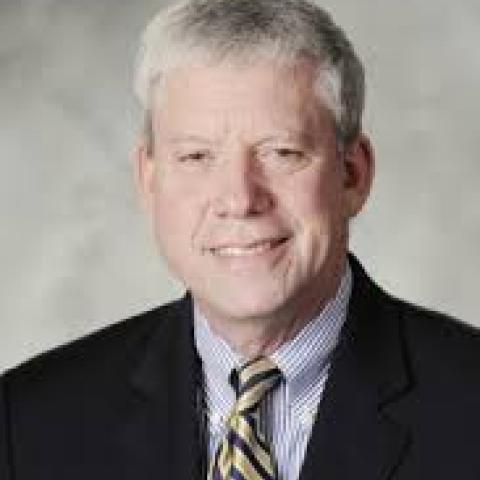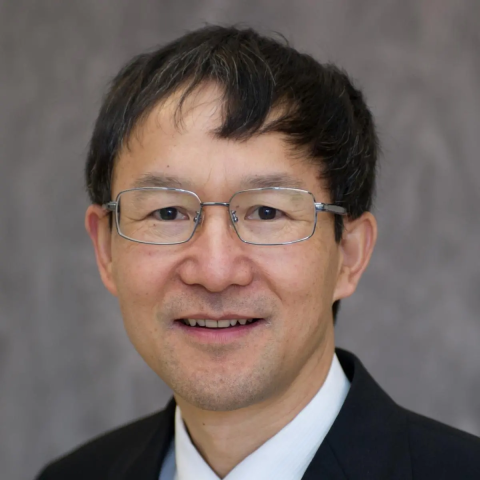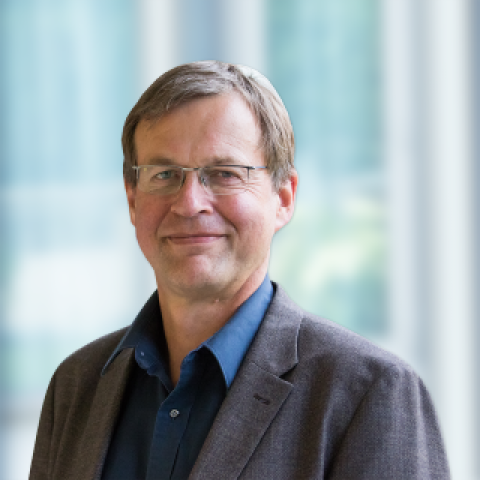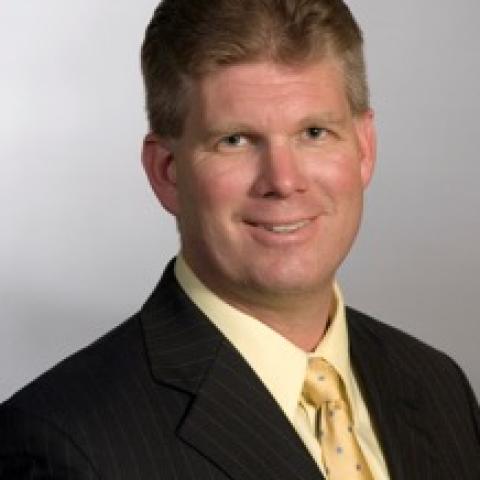Mark Clements




Dr. Chen has an extensive research interests in environmental science and engineering. More specifically, he is a leading researcher in the environmental applications of nanomaterials and their potential fate, transport, transformation, bioaccumulation and toxicity in the environment. His interests in environmental nanomaterials dated back in his graduate research in 1992. He has also been active on algae based bio-renewable energy and sustainable urban development. Dr. Chen has been principle and co-principal investigators for 28 research projects (by June 2010) funded by the National Science Foundation, U.S. Environmental Protection Agency, NASA, Boeing and other organizations. The total funds are $7 million. He has also served as a review member or panel review member in the U.S. National Science Foundation, the U.S. Environmental Protection Agency, the U.S. Department of Energy evaluation committee. He has also been invited to serve as an abroad review expert for the China Changjiang Scholars Program (which is to awarded to the top researchers in China). He has published more than 40 papers and two book chapters in this field.
Dr. Chen received his Ph.D in Nankai University, China. He joined the Dept. of Civil & Environmental Engineering in May 2009. Till then, he was an Associate Professor Research at the Arizona State University.
Biofuels; Separations Technology; Water



Dr. Bert Bras has been a Professor at the George W. Woodruff School of Mechanical Engineering at the Georgia Institute of Technology since September 1992. From 2001 to 2004, he served as the Director of Georgia Tech’s Institute for Sustainable Technology and Development.
In 2014, he was named a Brook Byers Professor of Sustainability. He was named the Associate Chair for Administration for the George W. Woodruff School of Mechanical Engineering at Georgia Tech in 2016 and briefly served as Interim School Chair in 2018.
Dr. Bras’ 25-year career as a Professor of Mechanical Engineering at the Georgia Institute of Technology equips him with considerable expertise in sustainable design and manufacturing that has taken him through many areas of industry, from automotive to alternative energy.
He holds an MS in Mechanical Engineering from the University of Twente (Netherlands) and a Ph.D. in Operations Research from the University of Houston. Prior to completing his Ph.D., he worked at the Maritime Research Institute Netherlands (MARIN).

Dr. Boukouvala is originally from Piraeus, which is the port of Athens in Greece. As the daughter of an airforce pilot, she travelled a lot with her family. Her first international move was actually to the USA, where she spent one year in Montgomery, Alabama. She later on lived in Riyadh, Saudi Arabia and Crete, Greece, before returning to Athens to get her B.S Degree in Chemical Engineering from the National Technical University in Athens. In 2008, she moved back to the US to obtain a PhD in Chemical Engineering at Rutgers University in NJ. She then worked as a Postdoctoral Associate in both Princeton University and Texas A&M University. In August 2016, Dr. Boukouvala returned to the South East US, as an Assistant Professor in the School of Chemical & Biomolecular Engineering at Georgia Tech.
Her research interest in Process Systems Engineering (PSE) started during her PhD years, where she worked under the supervision of Dr. Marianthi Ierapetritou, on modeling and optimization of continuous pharmaceutical manufacturing. Her background on optimization and data-driven modeling was enhanced during her years as a postdoc with the late Christodoulos A. Floudas. Dr. Boukouvala is a proud 4th generation member of the academic family tree of the father of PSE, Roger Sargent.

Steven Biegalski is the Chair of Nuclear and Radiological Engineering and Medical Physics Program at Georgia Institute of Technology. He has three degrees in nuclear engineering from University of Maryland, University of Florida, and University of Illinois, respectively. Early in his career Dr. Biegalski was the Director of Radionuclide Operations at the Center for Monitoring Research. In this position Dr. Biegalski led international efforts to develop and implement radionuclide effluent monitoring technologies. This work supported both US national capabilities and international treaties. Dr. Biegalski was a faculty member at The University of Texas at Austin for 15 years and held the position of Reactor Director for The University of Texas at Austin TRIGA reactor for over a decade. He has advised 25 Ph.D. students to graduation and holds Professional Engineering licenses in the states of Texas and Virginia.